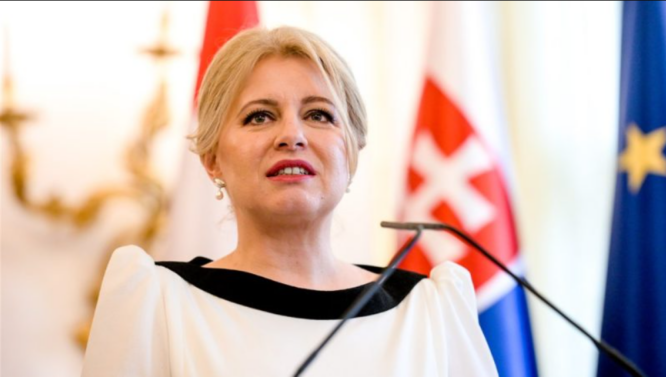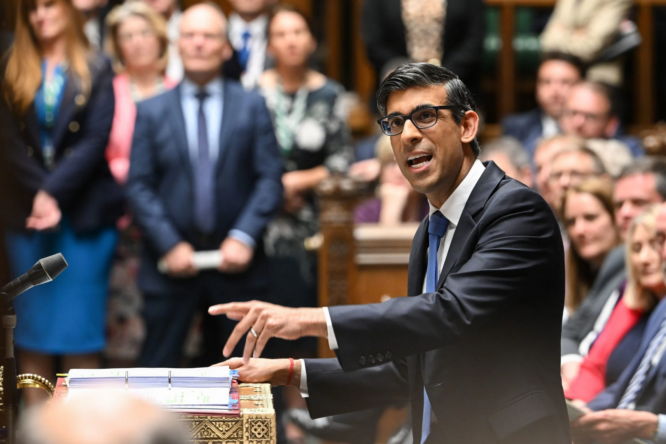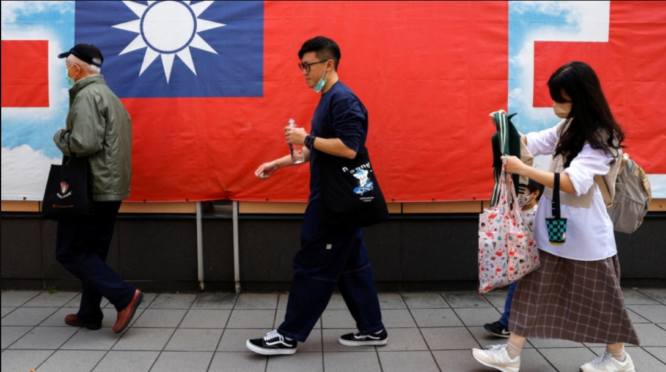Many political issues, from abortion and school curricula to budget cuts, are portrayed as attacks on “women” as a group, and polls and figures demonstrating that women vote left are sometimes used to support the perception that the Republican Party is anti-woman.
However, these gender gap figures are inaccurate, pitting the sexes against each other in an identity politics fight that ignores millions of women and men’s interdependence.
Until the 1980s, women favored Republican candidates like Dwight D. Eisenhower and the failed Thomas Dewey. In the 1980s, Democrats began favoring women, which grew to an 11-point advantage in recent elections.
But the larger voting gap between men and women since the 1980s may reflect something else: Women with few or no ties to the opposite sex in the form of marriage and family are diverging sharply not only from men but also from their married sisters. Married males, unmarried men, and married women vote similarly, but single women vote oppositely.

Men vote Republican and women vote Democratic, but this “gender gap” is new.
In the 2014 midterms, married persons of both sexes and single males all voted Republican by majority percentages (52%–59%). However, single women overwhelmingly voted Democratic (68% to 31%).
Talking heads have called the marriage difference a gender gap, but it’s actually a political gap, with unmarried males moving right and single women solidly left.
Even when its speakers don’t group all women under the political flag of the most aggrieved singles, the left has a condescending explanation for this phenomenon. Michelle Obama echoed Hillary Clinton’s 2016 statements. Married women’s political preferences are described as “ongoing pressure to vote the way your husband, your boss, your son, whoever, believes you should.”
This political strategy may work, even offending millions of married women. 52% of 18-year-old women are single, according to the Census Bureau. The biggest number of millennials ever will approach their 40s single and childless.
Single women are strong in society and politics, sometimes channeling instincts seeking a loving family into political causes and professions.
Women’s dominance in professional-managerial jobs and human resource departments drives this tendency to go from the personal to the political, according to a First Things column.
According to Manhattan Institute researcher Heather MacDonald, female majorities have changed campus culture through a “rhetoric of unsafety and victimhood.” Single women are a political force to be reckoned with as they become wealthier, more powerful, and less family-bound. Although news chyrons call this grouping “for women,” they do not.




